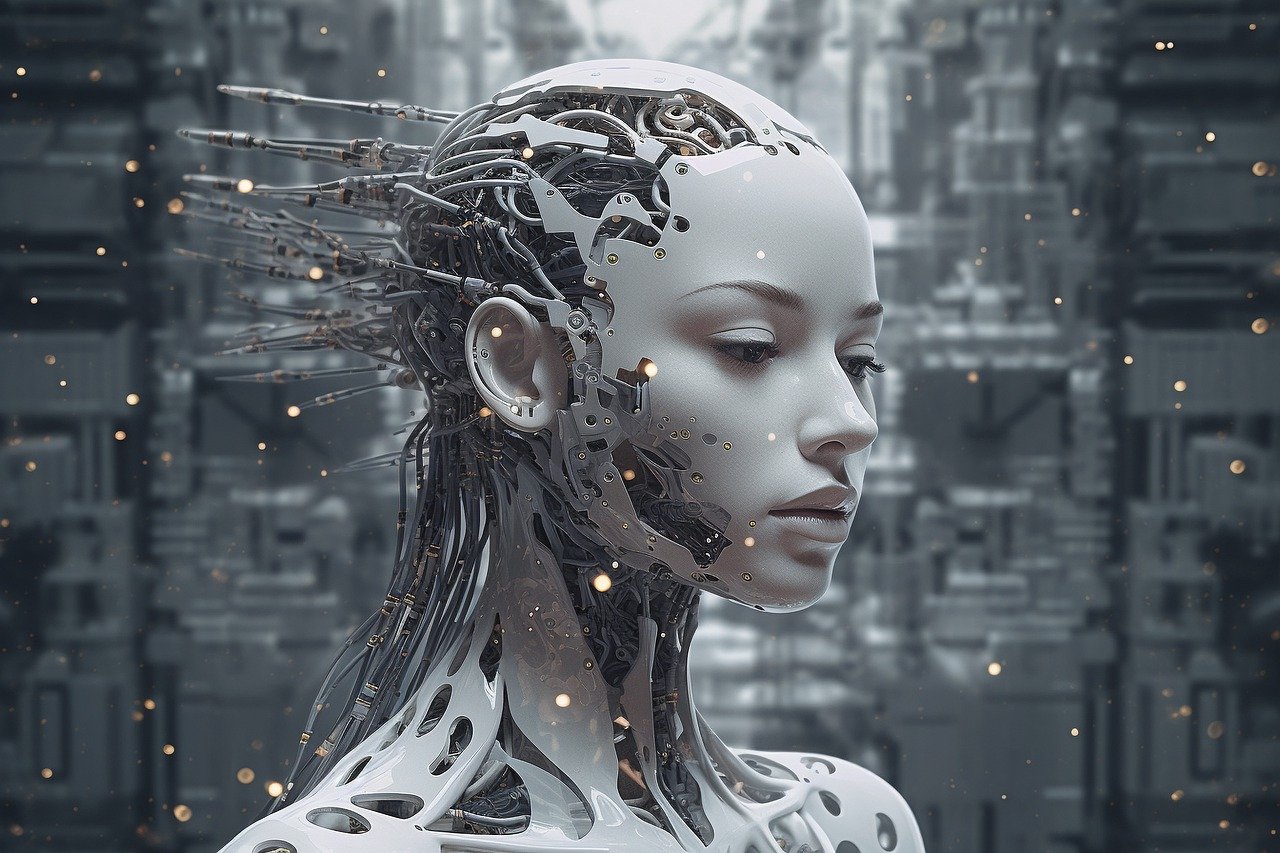
Who Owns AI-Generated Content? The Potential Changing Face of Copyrights
By Patent Attorney Andrew Abramson, New Jersey
In an era where artificial intelligence (AI) continues to break boundaries and redefine industries, a pressing question emerges – who owns AI-generated content? Traditional notions of intellectual property (IP) are being challenged as machines create, innovate, and even mimic human-like artistic expressions.
The Old Paradigm and Its Limits
Historically, copyright laws have protected the rights of human creators. Whether it’s a book, a painting, or a musical composition, these creations are the expressions of human thought and emotion, and the law traditionally granted them protection. However, AI-generated content complicates this scenario. Machines do not possess emotions or intentions, so how does one attribute ownership to their creations?
Current Legal Standpoint
Most jurisdictions globally recognize human effort as a prerequisite for copyright. In the U.S., the Copyright Office has stated that works generated by a machine or mere mechanical process without human intervention are not registrable. This means that most AI-generated content, as of now, falls outside the protective umbrella of copyright.
Who Stands to Claim?
But if not the AI, then who? The developer of the AI software? The operator or user of the software? The owner of the data that trained the AI?
A parallel can be drawn to photography. Although the camera captures the image, the photographer, by choosing the angle, lighting, and subject, holds the copyright. Similarly, AI tool users could argue they have a claim due to their choice of data, parameters, or specific use of the tool. On the other hand, developers might stake a claim based on their foundational role in creating the AI.
Looking Ahead: A Possible Solution?
There’s an increasing argument for the establishment of a new category of intellectual property specifically tailored for AI-generated content. Just as trademarks, patents, and copyrights protect different forms of IP, a new category could provide a framework that acknowledges the unique nature of machine-generated content.
Introducing “AI-rights” could address the challenges by defining clear ownership structures, be it joint ownership between developers and users or a new form of limited rights for machine-generated content.
The Bottom Line
AI’s role in content creation presents both opportunities and challenges. As AI systems grow in capability, the legal system must adapt to ensure a fair and efficient framework that respects human innovation while acknowledging the novel contributions of machines. “Although the legal system is slow to change, it has to adapt to deal with these new issues related to AI.”
In the meantime, AI users and developers alike should remain informed and proactive, seeking legal counsel when using AI to generate content. As we tread these new waters, it’s crucial to strike a balance that promotes innovation while protecting the rights of all involved parties.
Andrew Abramson is a patent attorney based in New Jersey, specializing in intellectual property law. With a deep understanding of technology and its intersection with legal principles, he offers insights on the ever-evolving world of AI and IP.

